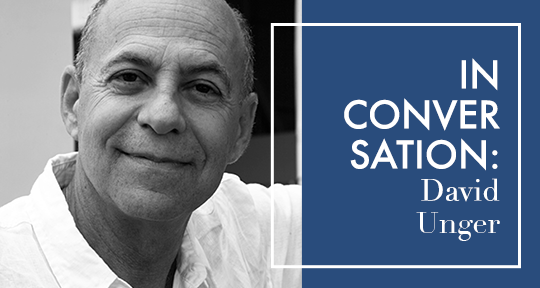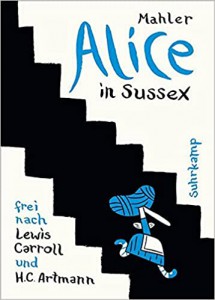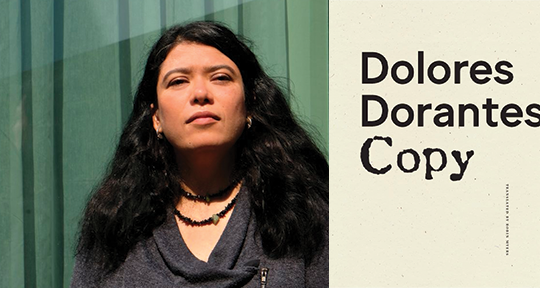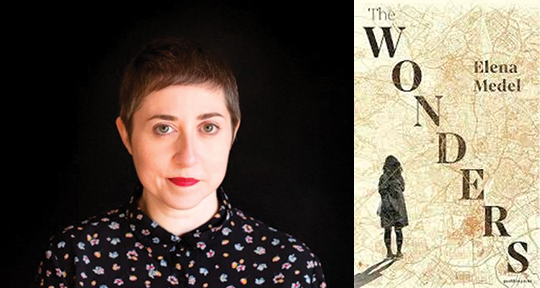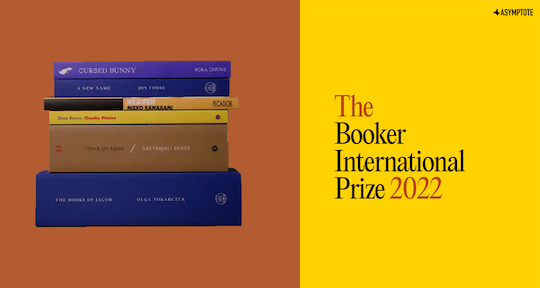In this week’s round-up of global literary goings-on, our editors report on efforts to highlight queer Armenian literature, plurilingual Argentine writing, and a Guatemalan festival that seeks to redress fragmented memories through art and literature. Read on to find out more!
Josefina Massot, Editor-at-Large, reporting from Argentina
Last Thursday, New York-based writer and critic Sylvia Molloy passed away at the age of eighty-three. She was, among other things, a pioneer—the first woman to gain tenure at Princeton University back in the seventies, the first person to found a U.S. writing program in Spanish, and, perhaps most notably, the first Argentine author to really tackle LGBTTIQ+ culture in her work; her debut novel “En breve cárcel” (1981), an icon of queer literature, was written during the Argentine dictatorship and first published in Spain to avoid persecution.
Molloy established a fruitful link between queer themes and translation: “queer means twisted, weird, out of place, and if people think my texts deviate from the norm, so much the better,” she once said. “I’m interested in texts that take unusual turns, including those that go from one language to another. I’ve always had that sort of linguistic conflict, because I write in Spanish but will often explore phrases in other languages.”
Translation at large was central to Molloy, who grew up speaking Spanish, English, and French. Her short essay collection Vivir entre lenguas (Living Between Languages) is an attempt to portray this plurilingual experience. While her own English version of the work hasn’t been published in full, an excerpt did run in Asymptote’s Fall 2019 issue; meanwhile, her brilliant Desarticulaciones will be released by Charco Press in both Spanish and English.
As we bid adieu to one of our greats, we also welcome a newcomer—the latest press to sprout up in Argentina’s bustling indie ecosystem. Sergio Criscolo’s Híbrida has just published its first four titles, all by South American authors: Aspas by Belén Zavallo, El placer de abandonar by Schoë Blintsjia, El corazón adelante by press co-editor Humphrey Inzillo (all three of them, Argentines), and Elis Regina, una biografía musical by the Brazilian Arthur de Faria. The first is a book of poetry; the second, a debut novel; the third, a collection of journalistic columns; the fourth, a translation into rioplatense (rather than neutral) Spanish. READ MORE…


